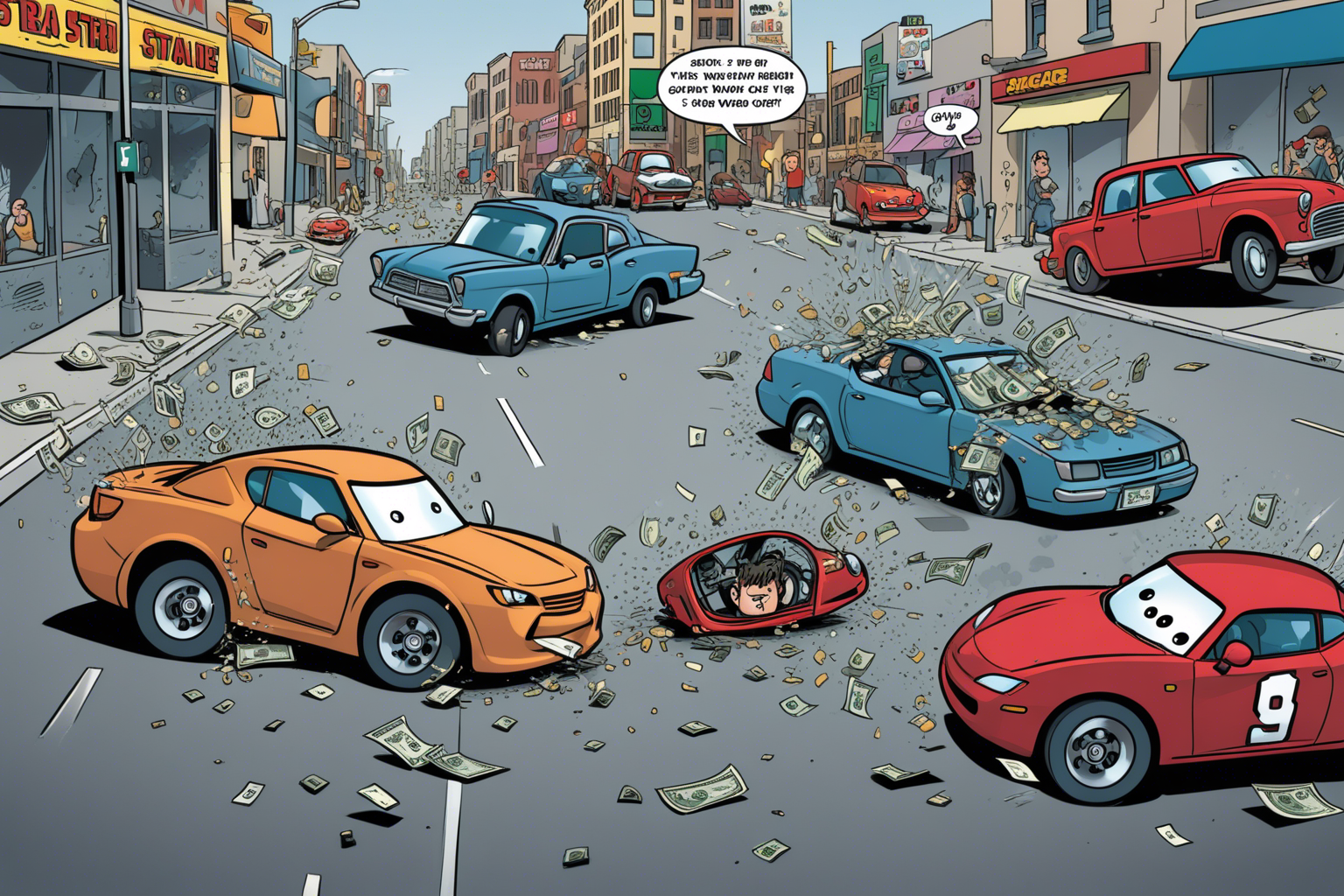The presidential race has recently been overshadowed by the daily politics of rhetoric and questions over mental fitness, but it’s important not to forget that with a presidential candidate assuming office come countless policies and appointments that severely impact sectors such as agriculture.
We’d be hard-pressed to find any indicator from the candidates’ views on farm policy — probably both Donald Trump and Joe Biden wouldn’t do well if pressed about specific legislation relating to the sector.
The only exception is maybe Robert Kennedy, who has been raving about essential crop protection chemicals giving people cancer, but given the fact that he also thinks that about Wifi and microwaves, and that he won’t be president, there’s little use in giving it more than a mention.
The impact of a president on agriculture is initially measured in their appointments to the EPA and USDA. In that regard, Sonny Perdue (Trump’s former secretary of agriculture) and Tom Vilsack, the current secretary, who also served during both of Barack Obama’s terms, sound similar but act differently.
Both promote the greatness of American farm products, embrace biotechnology solutions, and push for greater export opportunities for American farmers. That said, Perdue drove a deeper deregulation agenda, abandoning the idea that the government needed to conduct steering policy to guide farmers to different production models, while Vilsack presided over policies that push farmers to adopt organic production methods.
On the EPA level, Trump’s nominee Scott Pruitt undid a lot of the unreasonable Obama-era restrictions on crop protection chemicals, such as the quasi-ban on the weedkiller atrazine which is essential keep yields at a steady level, while current EPA chief Michael Regan disregarded agency safety assessment when calling for an 80% cut of the use of the herbicide in American agriculture.
Donald Trump’s term was marked by COVID-19, during which his administration released unprecedented funds to support farmers financially, at a level unsustainable to the treasury. While there is an argument to be made that during the pandemic, this support was warranted, it does not speak to good governance to buy the hearts of farmers with taxpayer money, especially when those levels of funding are unsustainable.
If Trump were to get a second term, he should enable farmers to become more lucrative through increased trade instead of pumping welfare payments into the system.
Meanwhile, Democrats in numerous states have been pushing for rules that will make farming harder.
In Vermont and New York, Democrats are implementing a ban on neonicotinoid insecticides, which help protect farmers’ crops against insect attacks. Despite the efforts of Gov. Phil Scott to veto the bill in Vermont, both houses overrode it and allowed environmental activists to set rules for a sector they barely understand.
Farmers have traditionally supported Republicans in the past, but in order for them to continue that legacy, it would be favorable for Donald Trump to outline which rules and regulations he seeks to roll back. It should also be conditional on Republicans waking up and pushing back further on the threats to the farm sector in different states, where radical environmentalists push a vision of agriculture that takes the “modern” out of “modern farming.”
Originally published here




